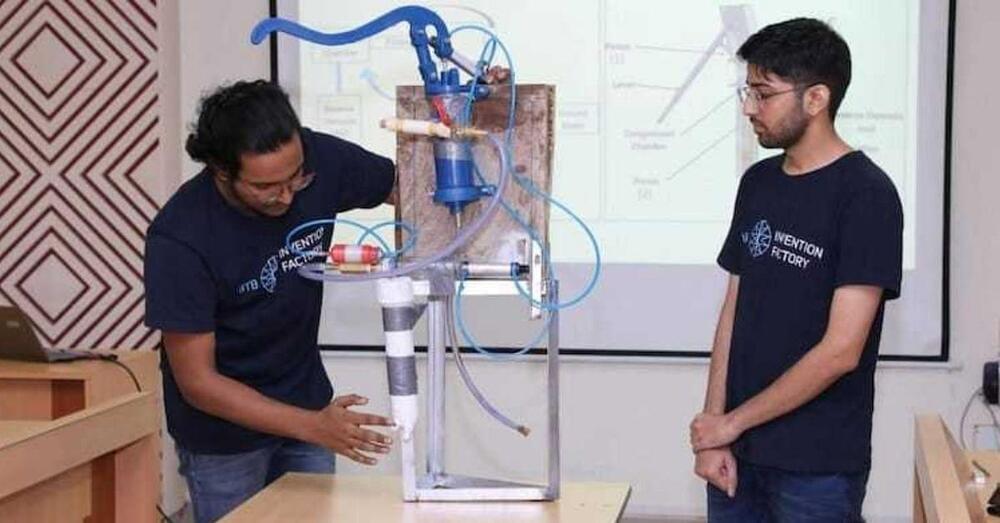Security experts from paluno, the Ruhr Institute for Software Technology at the University of Duisburg-Essen (UDE) have developed a new technique that, for the first time, enables fuzz testing of protected memory areas in modern processors. Their method revealed many vulnerabilities in security-critical software.
Intel’s “Software Guard Extension” (SGX) is a widely used technology to protect sensitive data from misuse. It helps developers in shielding a certain memory area from the rest of a computer. A password manager, for example, can be executed safely in such an enclave, even if the rest of the system is corrupted by malware.
However, it is not uncommon for errors to creep in during the programming of the enclaves. Already in 2020, the paluno team from Prof. Dr. Lucas Davi discovered and published several vulnerabilities in SGX enclaves. Now, together with partners form the CASA cluster of excellence, the researchers have achieved another breakthrough in the analysis techniques: Their latest development enables the fuzz testing of enclaves, which is much more effective than the previously used symbolic execution. The idea behind fuzz testing is to feed a large number of inputs into a program in order to gain insights into the structure of the code.






